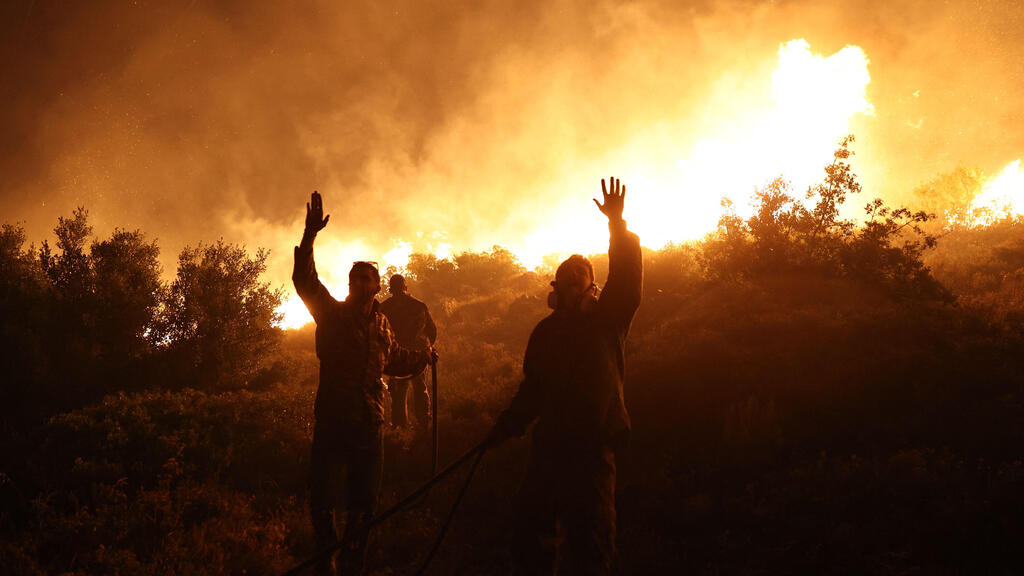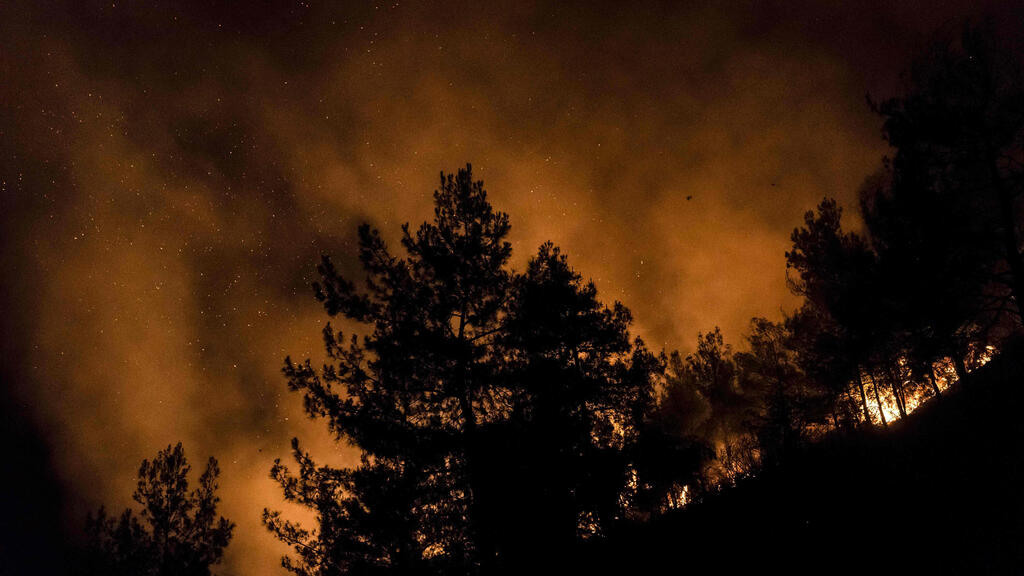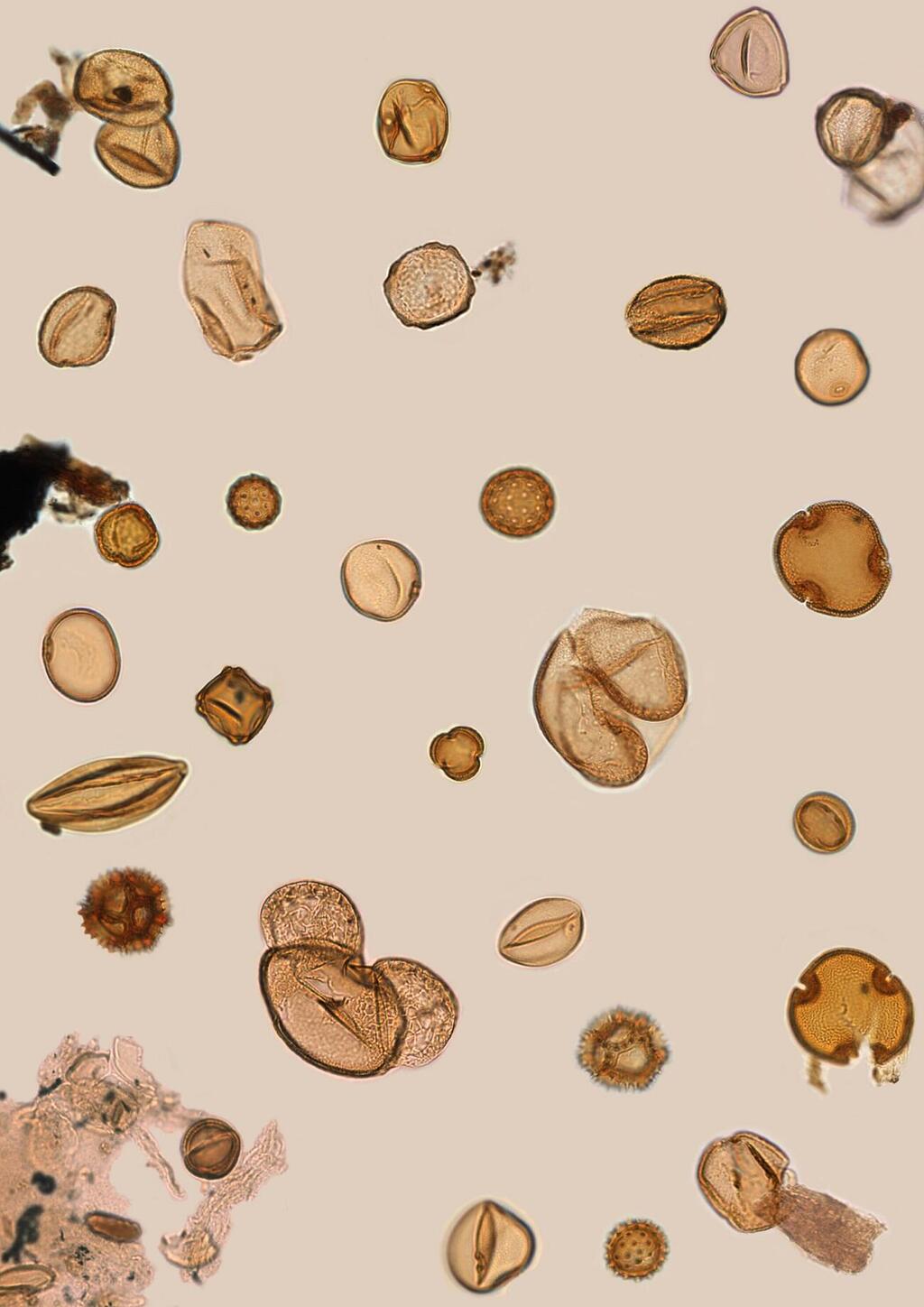Getting your Trinity Audio player ready...
The Mediterranean's beautiful beaches, a draw for tourists may be in real danger amid climate change and human activity that accelerates it, with its forests set to become arid plains, a new study revealed.
Other stories:
In order to foresee the repercussions of the man-made changes to climate on the Med's ecosystems, researchers from the German Ruprecht Karl University of Heidelberg's Institute for Earth Sciences studied the natural climate and studied the resilience of Mediterranean forests across the entire range of climatic boundary conditions realized during the past 500,000 years,
The team led by Dr. Andeas Koutsodendris analyzed continuous pollen and geochemical records of (sub)centennial-scale resolution from drillcores from Tenaghi Philippon, Greece, according to the study, published in Nature Communications, showed that during a long period of drought – that scientists anticipate based on climate modules – it is highly likely that the forested areas around the Mediterranean will be subjected to desertification – when areas of relatively low precipitation become increasingly dry – In the near future.
"Besides representing vulnerable biodiversity hotspots3, these Mediterranean forests provide a wide range of critical ecosystem services such as support of soil, regulation of regional climatic and hydrological conditions, and supply of food and timber," the study says.
The researchers analyzed the exceptionally long record of Mediterranean forest dynamics based on centennial-scale-resolution (~200 years) pollen data from drillcores from Tenaghi Philippon – a climate archive of north-east Greece with complete records of 500,000 thousand years, preserved in fossilized dust particles.
The data on the development of plants revealed in them was in line with geochemical data of fluctuations in precipitation. The findings showed that past periods of desertification, came decades after precipitation levels dropped below a certain point.
Researchers investigated the possible causes of the precipitation drop.
"In the past, a drop of 40% to 45% in rains was sufficient to instigate the change from forests to plains," Dr. Koutsodendris said. "The results indicate that such a change could occur in the forests around the Mediterranean in the near future if nothing is done to protect them."




